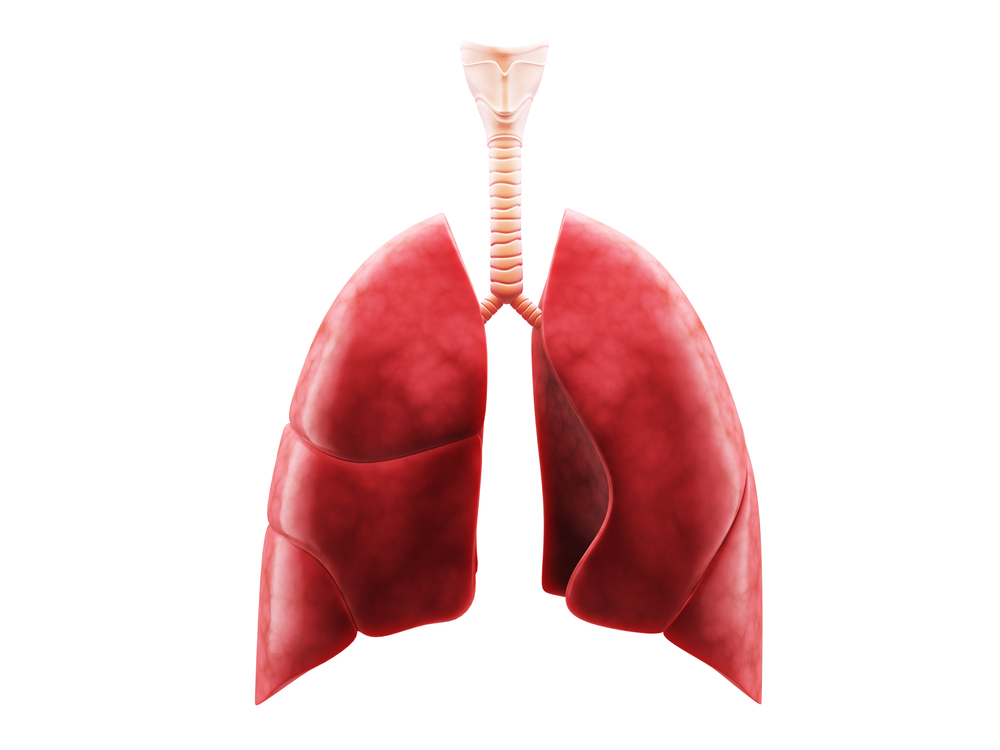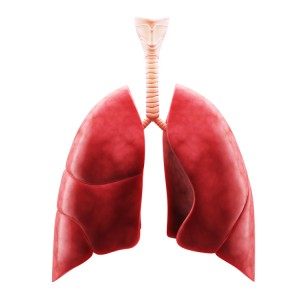New Review Offers Key Updates On European Cystic Fibrosis Market

 Research and Markets recently released their “Cystic Fibrosis Market in Europe 2015-2019“ report, which offers an overview of current activities involving pipeline therapeutics in the ongoing fight against cystic fibrosis.
Research and Markets recently released their “Cystic Fibrosis Market in Europe 2015-2019“ report, which offers an overview of current activities involving pipeline therapeutics in the ongoing fight against cystic fibrosis.
Cystic fibrosis, also known as mucoviscidosis, is a genetically inherited disease. Its primary symptoms include breathing difficulties, elevated concentrations of salt in the sweat, abnormally viscous mucus secretions, difficult-to-manage respiratory infections, digestive and nutritional absorption issues, and growth anomalies. Cystic fibrosis is also one of the more frequent genetic disorders observed among Caucasian children.
The cystic fibrosis market is experiencing a surge in society’s awareness of and support for fighting the disease, with patients and concerned individuals advocating for more thorough medical care and improved, next-generation treatments. The landmark FDA approval of Kalydeco in 2014 marked a major achievement in advancing CF therapies, however, a wide range of Cystic Fibrosis patients are still in need of therapies that match their specific CTFR mutations.
According to the report, these crucial unmet medical needs are accelerating the growth of the market. The treatments currently available cannot address and cure the disease completely, which continues to result in high mortality rates and reduced lifespan in the CF patient population. For that reason, drugs that can produce remission of the disease in patients suffering with cystic fibrosis are expected to dominate CF drug development in the near future.
[adrotate group=”1″]
Another important point in the report suggests the high cost of drugs is a major challenge that is restricting and delaying the growth of the CF market. The drugs used to treat cystic fibrosis can be quite expensive — especially in the long run — which leads to a negative response from patients; there are many patients that tend to withdraw from expensive treatment regimens because of their high price. The report notes that this issue will remain at the forefront of the pharmaceutical industry as the industry continues to develop CF therapies.
There are several key companies currently developing treatments to address cystic fibrosis, such as Corbus, Insmed, Genzyme, Gilead, Actavis and Vertex.
Corbus is developing Resunab™ for the treatment of chronic (“orphan”) inflammatory diseases in which inflammation leads to chronic fibrosis. Both pre-clinical and phase 1 clinical studies (that enrolled 123 individuals) have shown that Resunab has a favorable safety profile to address inflammation and fibrosis.
Insmed is developing Arikayce (liposomal amikacin for inhalation), a differentiated, inhaled antibiotic engineered to deliver anti-infective directly to the site of serious lung infections with the potential to improve the efficacy, safety and convenience of treatment for patients.
Genzyme‘s groundbreaking research in enzyme replacement therapy (ERT) for the rare genetic diseases known as lysosomal storage disorders (LSDs) continues to lead drug development for CF as well. The company is widely recognized as a global leader in LSD research and have expanded research from protein-based ERT to include small molecule drugs and gene therapies.
Together with the Kalydeco approval, the efforts being made by these drug developers offer hop for the CF community that the therapeutic pipeline will continue to produce viable, effective treatments for the disease that reduce symptom severity and increase quality of life and lifespan for those with the disease.







